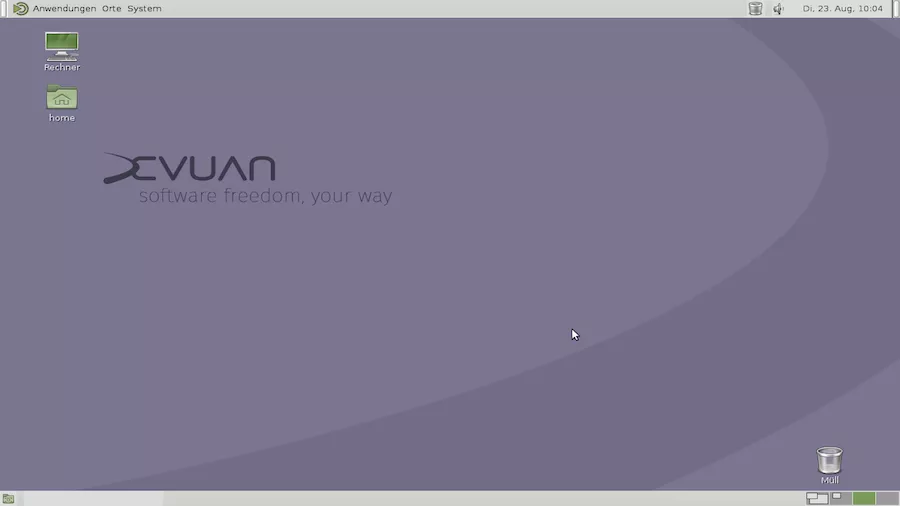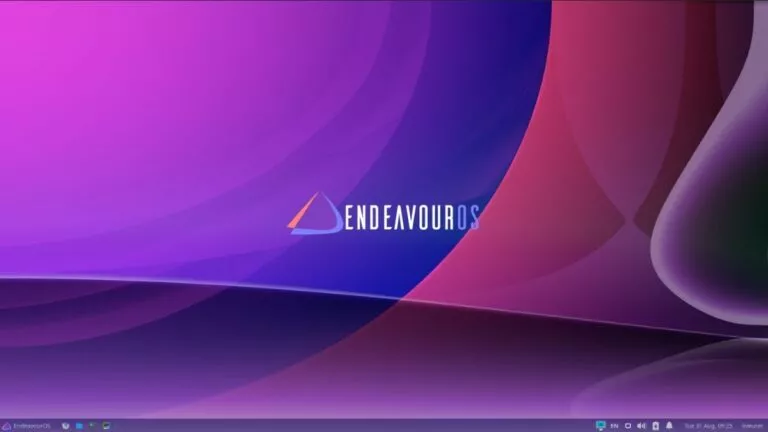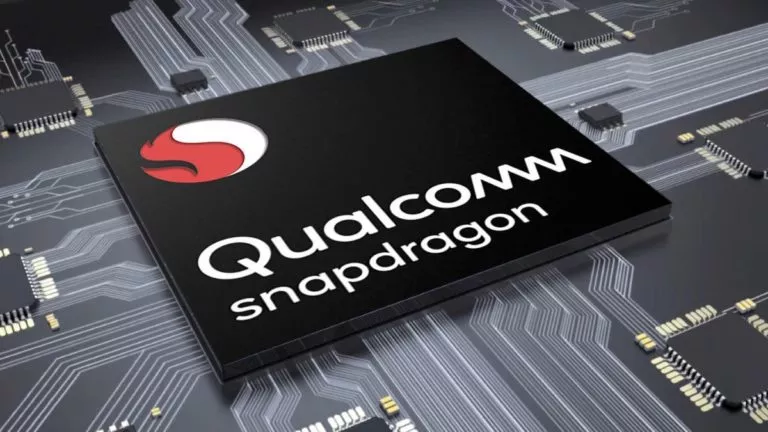Devuan GNU+Linux 1.0: First Ever Stable Release Of “Debian Without systemd”

Short Bytes: After more than 2 years of development, the much-anticipate stable Devuan GNU+Linux 1.0 is now available for download. This forked distribution has been created for Debian lovers who hate systemd. The existing Debian 7 and 8 users can upgrade their systems to Devuan Jessie 1.0. by following a set of instructions given by developers.
In November 2014, a team of “Veteran Unix Admins” announced that they were going to fork Debian GNU Linux. This collective aimed to deliver a Debian fork without systemd. After spending more than two years in making, the first stable release, i.e., Devuan GNU+Linux 1.0.0 has been released.Compared to the Devuan Jessie RC2, which was released 3 weeks ago, no significant bugs for Devuan 1.0.0 Stable were reported. It should also be noted that it’s a Long Term Support (LTS) release that’ll ship upgrades beyond the planned lifespan of Debian Jessie. The Devuan team will also take part in helping the Debian development process by providing patches.
The developers aim to develop Devuan as a no-nonsense universal GNU+Linux distribution. After this release, they’ll be focusing on the next release, i.e., Debian ASCII.
How to download Devuan 1.0.0? How to upgrade Debian 7 and 8 to Devuan 1.0.0?
You can find the official Devuan 1.0 images on the website files.devuan.org. The developers have also asked the users to use different mirrors to ease the bandwidth load.
For offline installation, you are recommended to install the DVD images or the live images. For online installation, please use NETINST images.
If you’re running Devuan Jessie RC2, you can run the following command to perform the upgrade:
apt-get update && apt-get upgrade
In case you’re running Debian 7 (Wheezy) or Debian 8 (Jessie), you can upgrade to Devuan by following the detailed instructions on this page.
Why did Devuan developers decide to fork Debian?
The answers to this questions are pretty straightforward. The Devuan collective’s objections to sytemd were backed by their belief that it’s causing a lock in sytemd dependencies, which is threatening the freedom in Debian development process. They also had their reservations against GNOME.
You read the initial 2014 announcement post here.
Also Read: Linux Distros Won’t Work On Windows 10 S





